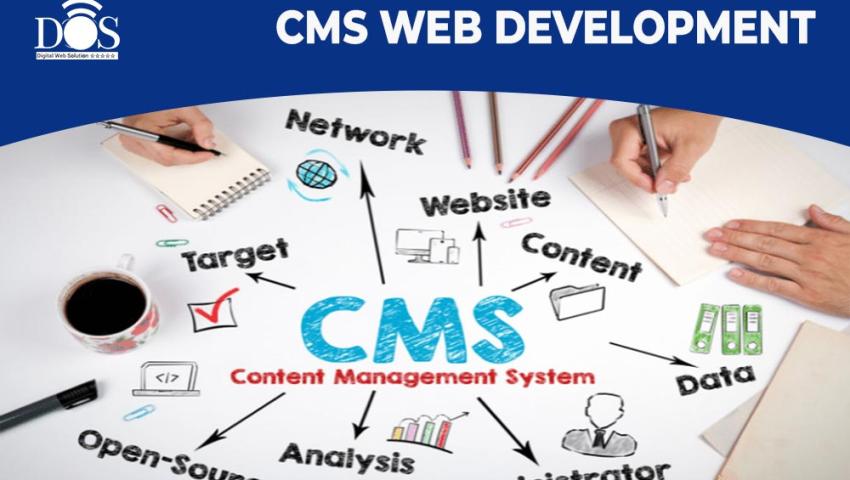
Building Better CMS: A Developer's Guide
Unlock the power of CMS development with expert insights, best practices, and the latest trends. Whether you're building custom themes, optimizing performance, or integrating plugins, this guide helps you create dynamic, scalable, and efficient content management systems.
Introduction
Content Management Systems (CMS) make website creation and management easier, but skilled developers are needed to build, customize, and optimize them. Whether working with WordPress, Joomla, Drupal, or a headless CMS, understanding key development practices is essential.
What Does a CMS Developer Do?
A CMS developer is responsible for customizing themes, developing plugins, optimizing performance, ensuring security, and integrating third-party services like APIs and payment gateways. They work with different programming languages, frameworks, and databases depending on the CMS.
Essential Skills for CMS Development
Front-end technologies like HTML, CSS, and JavaScript are important for building user-friendly interfaces. Back-end development skills in PHP, Python, or Node.js help in creating custom functionalities. Database management using MySQL, PostgreSQL, or MongoDB ensures efficient data handling. Understanding security measures is essential to protect websites from threats like SQL injection and XSS attacks. Version control using Git helps in collaborative development.
Choosing the Right CMS
Each CMS has specific strengths and is suited for different types of projects.
- WordPress is widely used for blogs, business websites, and eCommerce.
- Joomla is ideal for complex websites with structured content.
- Drupal is best for enterprise-level projects requiring high security.
- Headless CMS platforms like Strapi and Contentful are perfect for API-driven applications.
Best Practices for CMS Development
To build an efficient CMS-powered website, developers should follow certain best practices.
- Use clean and optimized code for better performance.
- Ensure mobile responsiveness for an optimal user experience.
- Optimize images and use caching for faster loading speeds.
- Follow SEO best practices to improve search engine ranking.
- Regularly update the CMS and plugins to maintain security.
Useful Tools for CMS Developers
Several tools can help CMS developers work more efficiently.
- VS Code and PhpStorm are great for coding.
- Git and GitHub help with version control and collaboration.
- Lighthouse and GTmetrix assist in performance optimization.
- Docker simplifies deployment and development environments.
Purva Kumari
Leave a comment
Your email address will not be published. Required fields are marked *


